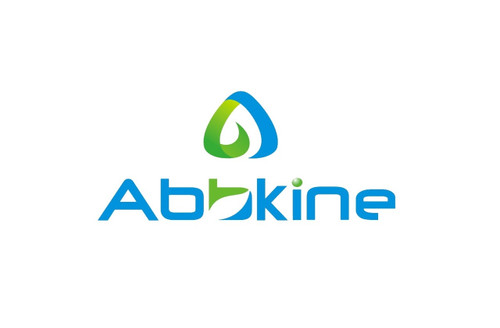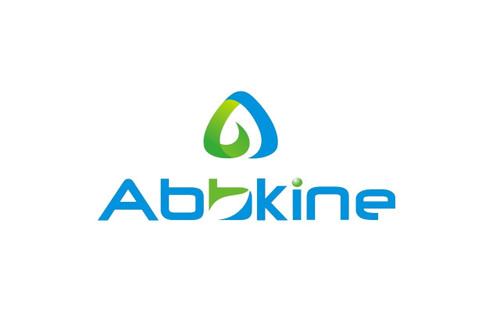Product Description
Mouse CGMP-dependent protein kinase 2 (PRKG2) ELISA Kit | AE60045MO | Abebio
Species Reactivity: Mouse (Mus musculus)
Abbreviation: PRKG2
Alternative Name: PRKGR2; cGKII; OTTHUMP00000160807
Application: ELISA
Range: 0.312-20 ng/mL
Sensitivity: 0.137 ng/mL
Intra-Assay: ≤4.5%
Inter-Assay: ≤6.8%
Recovery: 0, 95
Sample Type: Serum, Plasma, Other biological fluids
Detection Method: Sandwich
Analysis Method : Quantitive
Test Principale: This assay employs a two-site sandwich ELISA to quantitate PRKG2 in samples. An antibody specific for PRKG2 has been pre-coated onto a microplate. Standards and samples are pipetted into the wells and anyPRKG2 present is bound by the immobilized antibody. After removing any unbound substances, a biotin-conjugated antibody specific for PRKG2 is added to the wells. After washing, Streptavidin conjugated Horseradish Peroxidase (HRP) is added to the wells. Following a wash to remove any unbound avidin-enzyme reagent, a substrate solution is added to the wells and color develops in proportion to the amount of PRKG2 bound in the initial step. The color development is stopped and the intensity of the color is measured.
Product Overview: Pfeifer et al. (1996) noted that there are 2 forms of cGMP-dependent protein kinase (cGK), types I and II, which are encoded by distinct genes. Smooth muscle, platelets, and cerebellum contain high concentrations of cGKI, whereas cGKII is highly concentrated in brain, lung, and intestinal mucosa. Orstavik et al. (1996) cloned a human cDNA encoding type II cGK by using the mouse type II cGK cDNA to probe a cerebellum cDNA library. The 762-amino acid human type II cGK protein is 96% identical to the mouse and rat type II cGK proteins. Human type II cGK is expressed as a 6-kb mRNA in prostate, small intestine, and colon and as a 4.4-kb mRNA in thymus and prostate.
Stability: The stability of ELISA kit is determined by the loss rate of activity. The loss rate of this kit is less than 5% within the expiration date under appropriate storage condition. The loss rate was determined by accelerated thermal degradation test. Keep the kit at 37°C for 4 and 7 days, and compare O.D.values of the kit kept at 37°C with that of at recommended temperature. (referring from China Biological Products Standard, which was calculated by the Arrhenius equation. For ELISA kit, 4 days storage at 37°C can be considered as 6 months at 2 - 8°C, which means 7 days at 37°C equaling 12 months at 2 - 8°C) .
 Euro
Euro
 USD
USD
 British Pound
British Pound
 NULL
NULL








